Introduction
Tutero is an online tutoring platform founded in 2021. It offers one-on-one STEM tutoring for K–12 students. Each student gets a personal lesson plan and a tutor matched to their learning style. Tutero’s goal is to use technology to improve education. It connects families with trained tutors and provides learning resources.
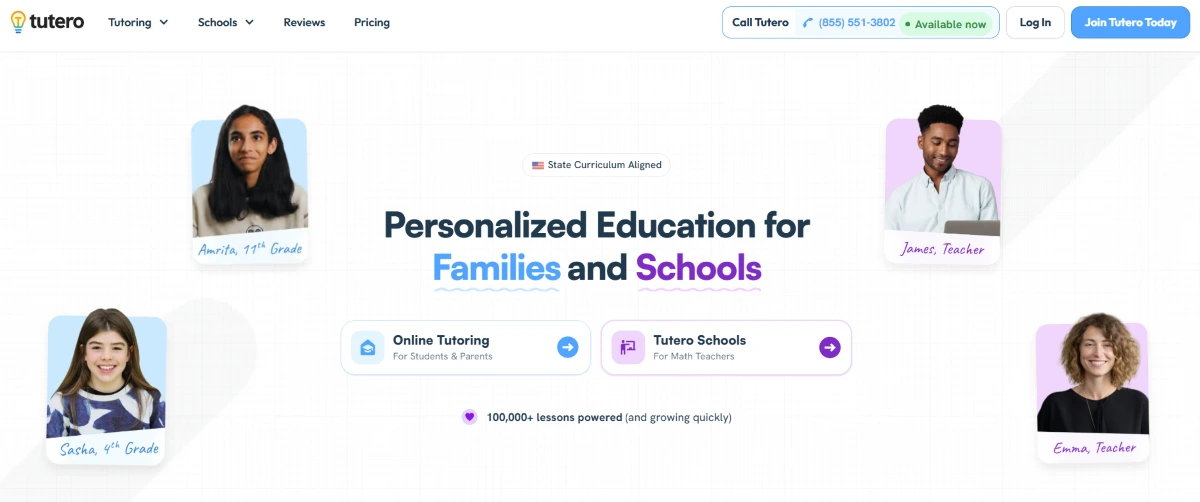
Tutero Reviews and Testimonials
Tutero’s own site and customers share many positive stories. For example, parents praise the tutors and support staff. However, some reviews note issues like slow platform speed or missed lessons. On Indeed, Tutero rates 4.3/5 from tutors, with top marks for pay and flexibility. ScamAdviser reports Tutero is “very likely not a scam but legit and reliable”. In summary, most reviews are positive about tutoring quality, and there is no evidence of fraud.
Tutero Pricing
Tutero charges about $70 per hour to start. Tutors are recommended to charge $50–$70/hr, but they earn about $30–$45/hr after Tutero’s ~44% commission. Some families find this rate high, though Tutero notes many feel it is good value. There are no hidden fees for materials – technology and resources are included in the price. Payment is by credit card (Visa, MasterCard, AmEx). There is no free trial, but Tutero offers a full refund if a family is unhappy after the first lesson.
Tutero Alternatives
- Chegg Tutors: A large U.S. tutoring network. Chegg uses a monthly subscription (around $15–$30) plus pay-as-you-go help. It covers many subjects 24/7, including textbook Q&A. Users like its round-the-clock access, but many complain about confusing fees and high costs.

- Varsity Tutors: A long-running platform for tutoring and test prep. It’s used by hundreds of U.S. school districts. Varsity Tutors offers on-demand help (including 24/7 chat and live classes) and a huge tutor pool. Pros: strong quality, many subjects. Cons: often higher price per session.
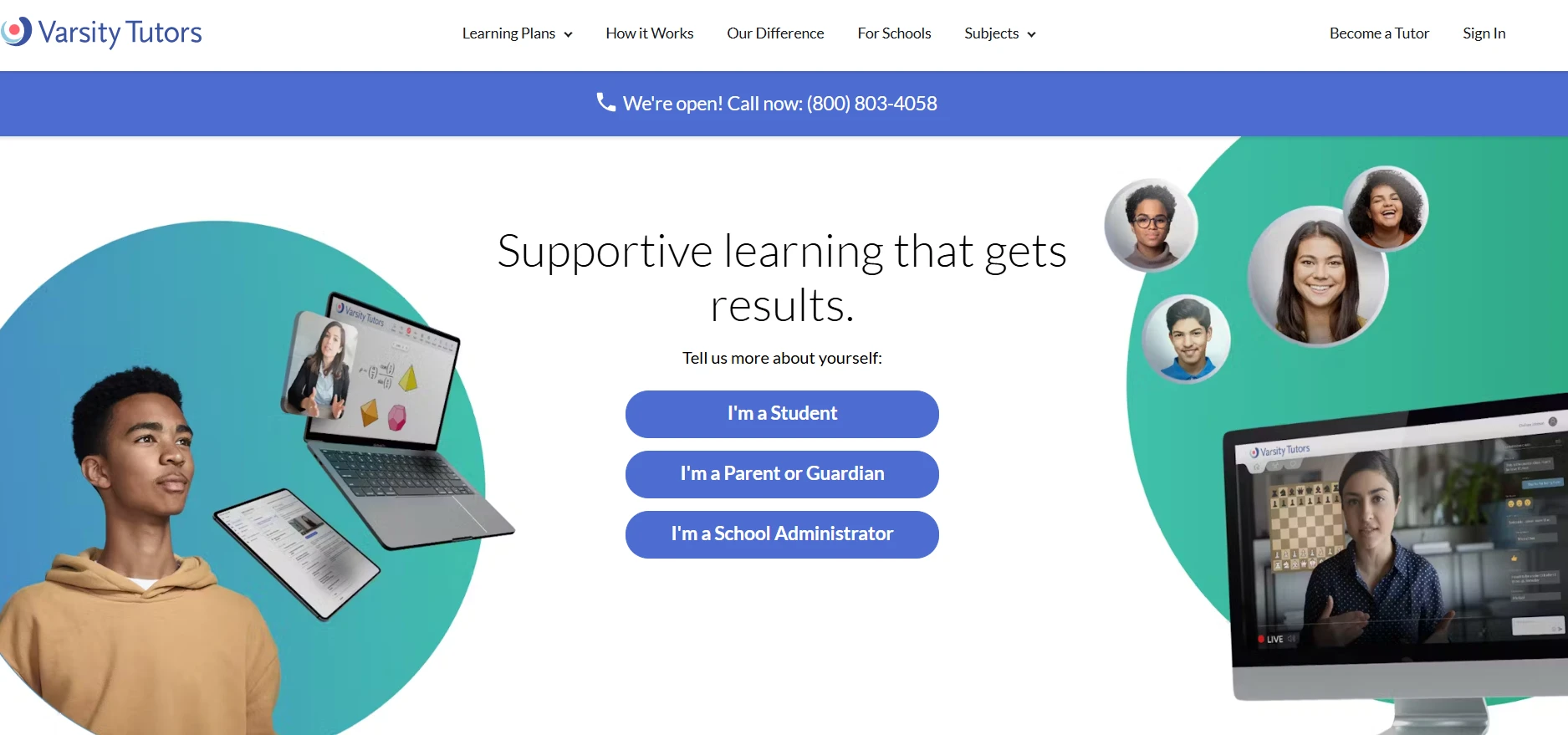
- Tutor.com (The Princeton Review): Online tutoring service with live help in school subjects and standardized tests. It is well-established and available all day. Pros: experienced company, professional tutors. Cons: sessions can be pricey and usually must be scheduled.

- Khan Academy: A free non-profit learning site with video lessons and exercises. Pros: completely free, covers math, science, and more. Cons: no live tutor or scheduled lessons (self-study only).
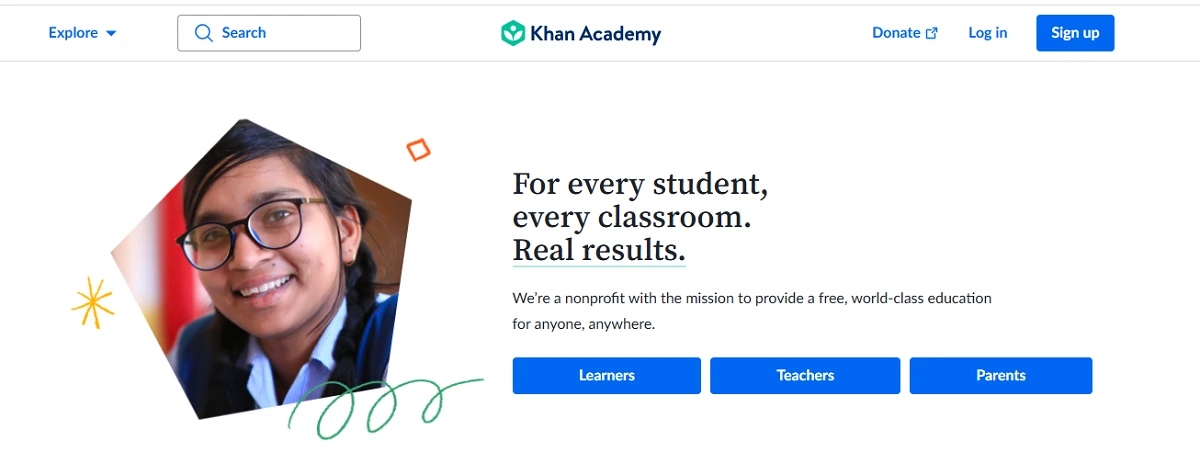
- My Engineering Buddy: A specialized tutoring service for engineering and technical subjects. It serves students in the US, UK, Canada, Australia and the Gulf. My Engineering Buddy offers 1:1 homework help, test prep, and project support with top-rated tutors. Pros: Focus on higher-level STEM and global reach. Cons: Newer service with less breadth in K–12 subjects.

How It Works
For Students
Students start by signing up online and discussing goals with a learning advisor. Tutero then matches the student with a compatible tutor (using an algorithm that considers teaching style and interests). Lessons take place via video conference (Zoom or similar). Tutors use a personalized curriculum tailored to each student. After each lesson, families get progress reports. A dedicated account manager supports each student’s learning.
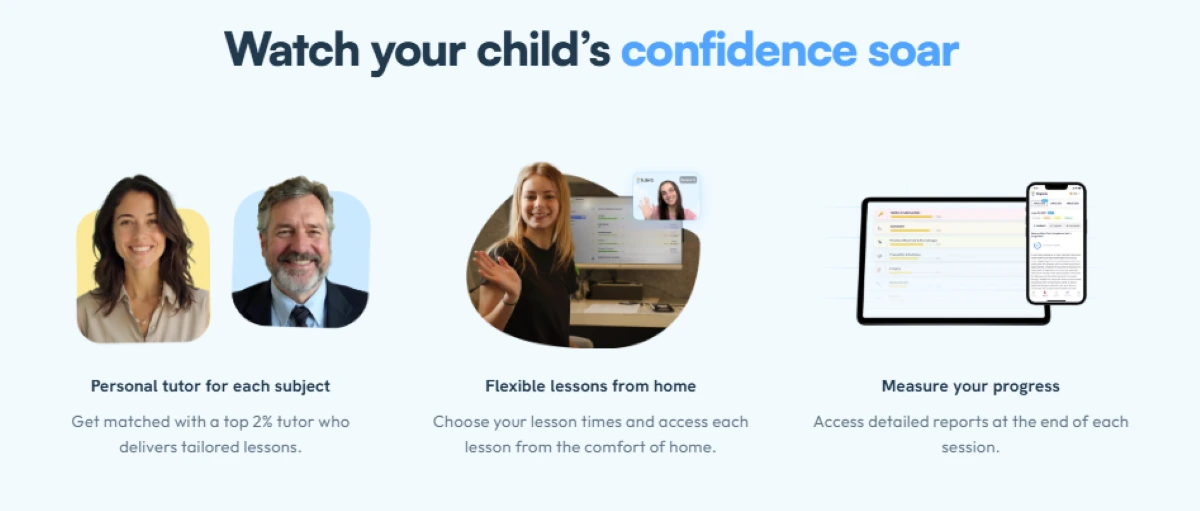
For Tutors
Prospective tutors apply through Tutero’s website (application takes about 5 minutes) and complete a video interview. Accepted tutors build a profile, set their subjects and availability, and finish training modules. Tutero then pairs tutors with students in their chosen subjects. The Tutero dashboard lets tutors schedule and run sessions, and it handles payments. Tutors earn roughly $30–$45 per hour. They enjoy flexible hours and support: one review noted tutors can “control their schedule” and work from home. A link to join as a tutor is on Tutero’s site (the “Apply to Join Tutero” form).
Tutor FAQs
Q: How much do tutors earn? A: Tutero advertises $30–$45 per hour based on experience. (The student pays ~$70/hr, with Tutero taking ~44%.)
Q: Are tutoring hours flexible? A: Yes. Tutors set their own schedule. Tutero’s platform is designed for part-time work, and tutors report high satisfaction with flexibility.
Q: What do tutors like or dislike about Tutero? A: Reviews praise the good pay and work-from-home setup. Tutors mention that communication with staff and schedule changes can sometimes be challenging (as in similar platforms). Overall, Indeed reviewers give Tutero 4.3/5 based on tutor feedback.
Q: How do I apply? A: Visit Tutero’s tutor portal and click “Apply to Join Tutero”. You’ll fill out a short form and schedule an interview if you qualify. No teaching certificate is strictly required (they hire non-teachers as well) but good communication skills are a must.
Company Info

Tutero was co-founded by Joey Moshinsky, Sonny Moshinsky and Richard Mathieson. The trio’s mission is to optimize STEM education by personalizing learning to each student’s ability. Originally based in Melbourne, Australia, Tutero now operates in the US as well. By late 2022, Tutero was delivering over 2,200 tutoring hours per month (with plans to scale further) and generating about $140K in monthly revenue.(most popular: math and English) and markets to families and schools. Unique features include a rigorous tutor selection (accepting only the top ~2% of applicants), a custom curriculum for each student, and a dedicated advisor for every family.
USP of Tutero
- Top Tutors: Only the best ~2% of applicants become tutors, so students get high-quality teachers.
- Personalized Matching: Students get a tutor selected through a detailed consultation to fit their goals and learning style.
- Customized Curriculum: Tutero creates a unique lesson plan for each student, focusing on gaps or acceleration as needed.
- Account Manager: Every family has a personal tutor manager to answer questions and adjust the program.
- Rich Resources: Tutero provides digital worksheets, videos, and reports at no extra charge. Parents note the high quality of content and tools.
Drawbacks
- Price: Tutoring is not cheap (~$70/hr) which may put it beyond some budgets.
- Platform Speed: Some users report the online tools can load slowly at times.
- Scheduling Gaps: A few reviews mention tutors missing sessions (e.g., due to illness).
- Narrow Focus: Tutero is strong in STEM/K–12. Students needing help in arts or college courses might look elsewhere.
- Availability: Tutero’s main markets are Aus and US; other regions may not have the same level of local support.
Comparison with My Engineering Buddy
Tutero is broad K–12 focused, while My Engineering Buddy (MEB) targets engineering and college-level students. MEB operates globally (including Gulf countries), whereas Tutero mainly serves the US and Australia. In practice, Tutero offers a full suite of school subjects and personalized education tools, while MEB specializes in homework help and tutoring for engineering courses. Both use top tutors, but Tutero emphasizes younger students and detailed lesson plans, whereas My Engineering Buddy advertises 1:1 help for technical subjects across many countries.
Customer Support and Policies
Tutero provides live support via email and phone. Each family’s account manager handles any issues. Payments are accepted by credit card:. Cancellations and rescheduling are handled per session, with no long-term contracts required. Tutero’s guarantee allows a 100% refund if you cancel after the first lesson. Parents also mention that Tutero scheduling is flexible (you can book or adjust sessions easily) Overall, Tutero’s support policies aim to be user-friendly and transparent.
Global Reach and Localization
Tutero started in Australia and expanded to the US. It offers content aligned to each country’s curriculum, focusing on English-speaking regions. By contrast, My Engineering Buddy explicitly lists support for the Gulf region in addition to the US, UK, Canada, and Australia. There is no indication Tutero currently localizes for Gulf or non-Western curricula.
Future Plans
Tutero is constantly growing. In 2022 the founders announced a new teacher app and plans to rapidly scale their tutoring hours. The company follows education tech trends: its blog publishes guides on using AI in learning, suggesting Tutero may integrate AI-driven lesson tools or adaptivity in the future. In short, Tutero appears committed to adding tech features (like AI lesson planning) and expanding its product.
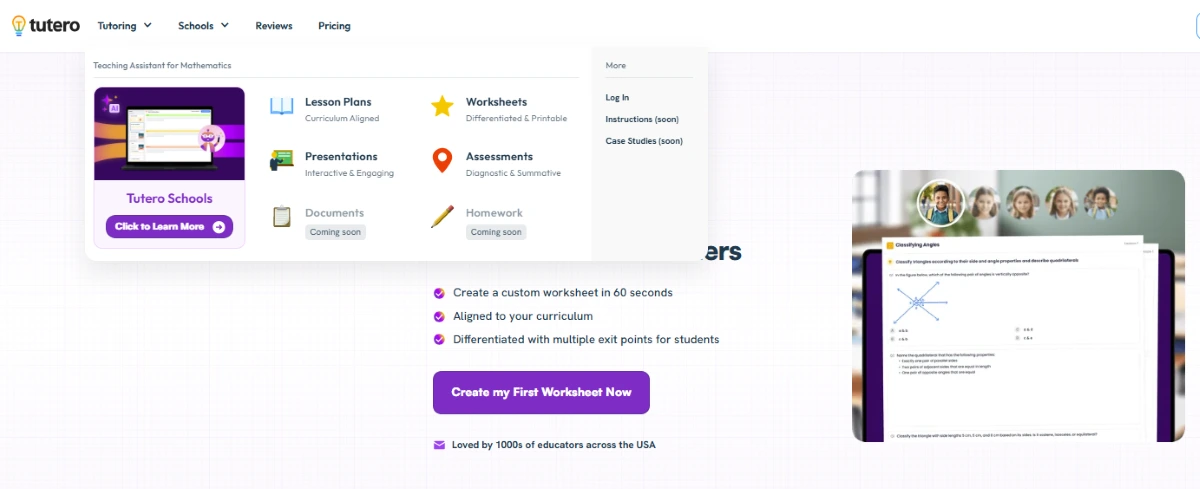
FAQs
- What is Tutero? It’s an online tutoring company offering 1-on-1 lessons for K–12 students. Each student is matched with a tutor and given a custom learning plan.
- Is Tutero legit? Yes. Tutero is a real startup with thousands of tutoring hours logged. ScamAdviser reports it as “very likely not a scam”}, and official reviews and press coverage confirm its operations.
- How much does Tutero cost? Tutoring starts around $70 per hour. Exact rates vary by subject and package. Students pay per lesson; there are no additional hidden fees for materials.
- Does Tutero offer a free trial or refund? Tutero has no free trial lessons. However, if you’re unhappy after your first lesson, they offer a 100% refund.
- How do I sign up as a tutor? You apply online via Tutero’s website. The process includes a short application and interview. Approved tutors complete training and then start teaching through Tutero’s platform.
- How does Tutero compare to My Engineering Buddy? Tutero is broader (K–12 STEM focus) while My Engineering Buddy targets engineering students globally. Tutero offers detailed matching and curriculum, whereas My Engineering Buddy offers specialized help in engineering and covers regions (e.g. Gulf) that Tutero does not emphasize.
Conclusion
Tutero is a well-reviewed online tutoring service known for quality STEM teaching and personalized learning. It receives high marks for tutor quality and student results, but it comes at a premium price. For those seeking alternatives, My Engineering Buddy is a good choice: it offers global engineering and STEM tutoring and a different pricing structure. Both platforms have strong tutors, so families can choose the one that best fits their needs.
******************************
This article provides general educational guidance only. It is NOT official exam policy, professional academic advice, or guaranteed results. Always verify information with your school, official exam boards (College Board, Cambridge, IB), or qualified professionals before making decisions. Read Full Policies & Disclaimer , Contact Us To Report An Error

